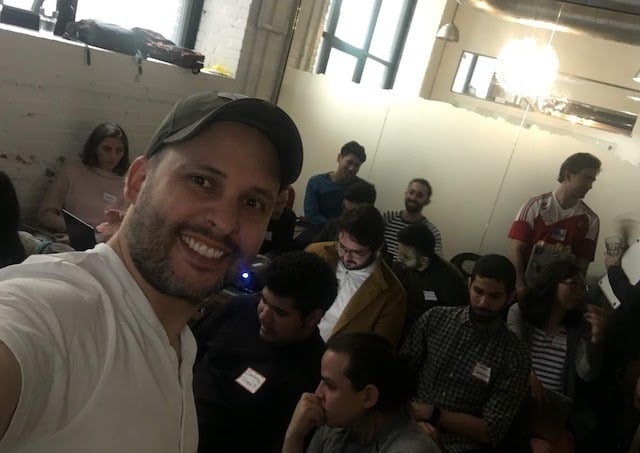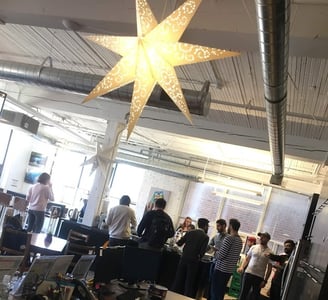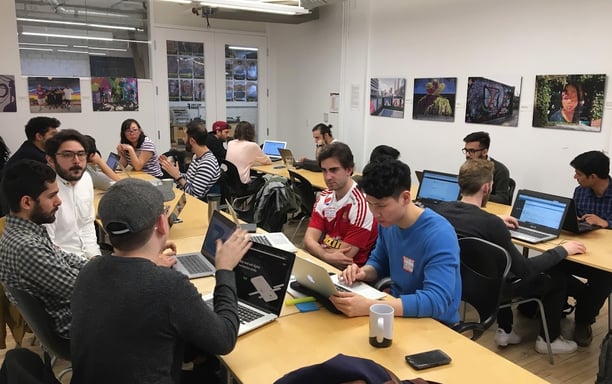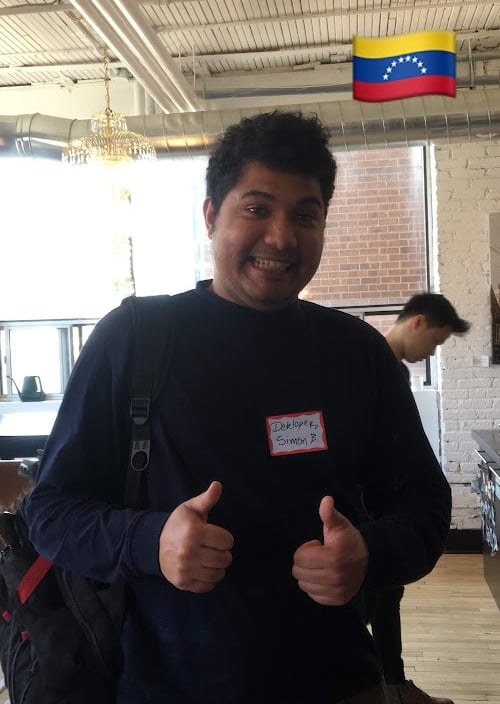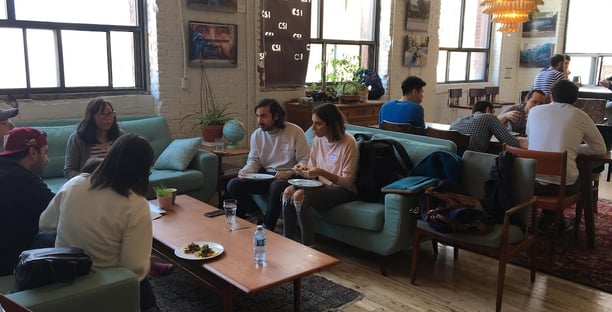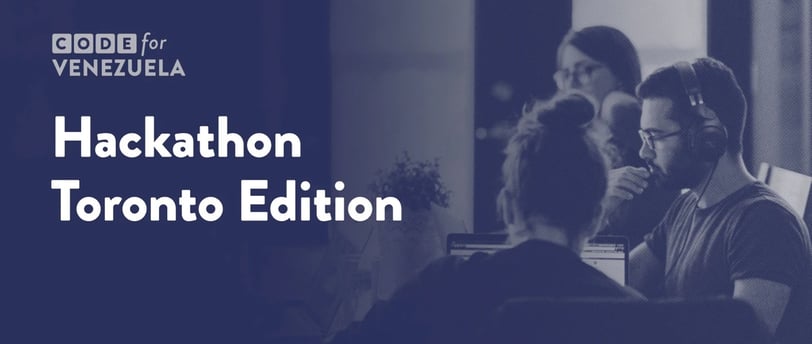

If you have seen the news, you already know that Venezuela, a whole country with a 30M+ population is facing its most difficult time in history. An incredibly rich country where the people are starving. Sounds crazy but unfortunately, it's true.
For many of us, who had the opportunity to emigrate to a place where life is normal, it has become an internal fight with our own emotions. We feel good because we usually adapt pretty fast, but we worry because as Latinos we grew highly attached to our families and friends. So, we strongly feel the need to Give Back.
This post is not intended to get into politics or deep social issues because that would take us far from the initial goal I wanted to communicate, but for those who want to have a better insight into why I said "a place where life is normal", inferring that what is happening in Venezuela is totally abnormal, you can illustrate your thoughts watching this:



